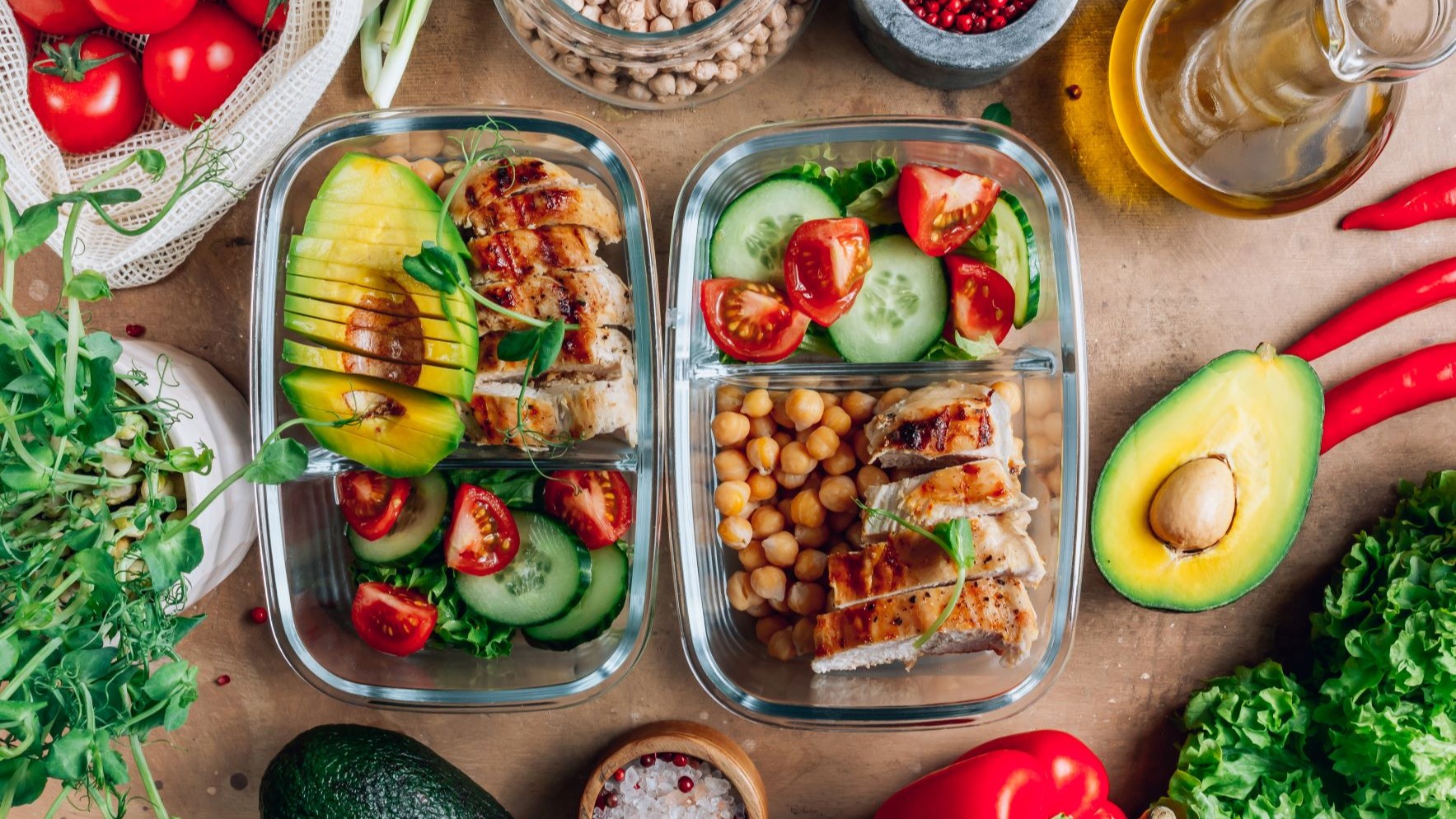Author
Stephanie Singleton , Occupational Therapist
Close

1 Mar 2019 | ~3:45 Engagement Time
It is important that people with MS eat a healthy diet in order to maximize their overall health. However, people with MS can have difficulty cooking meals for themselves and their families and friends.
Their meal preparation skills can be impacted by a variety of factors that can include some or all of the following deficit areas:
How have these issues impacted your ability to plan and cook meals? There are a number of ways to increase your ability to participate in these activities when you have some or all of these problems. Don’t let MS “have you”! You can cook healthy meals!
For example, if you experience fatigue, use energy conservation techniques when fixing meals. These techniques include the use of the “4 P’s”:
What has to be done today – cook when you have the energy and cook in bulk to freeze food for later when you don’t have as much energy. This helps you from eating junk food when you don’t feel like cooking.
To avoid making extra trips to the grocery store. You can use a list, a delivery service, pre-cut or frozen foods. This can help with obtaining items in the grocery store and while working in the kitchen. Break down the activity into manageable parts. Use recipes that have fewer ingredients anduse fewer pots and pans and incorporate healthy nutrition in them.
Slow and consistent wins the race! Give yourself extra time so that you can take rest breaks while you are cooking. Try to relax and enjoy cooking instead of thinking of it as a chore!
Too much bending and reaching can increase fatigue,Sitting while getting food ready can reduce your energy expenditure.
If you have difficulty with strength or fine motor skills while in the kitchen there are a variety of devices available that you can purchase or make to help during cooking. Here are some examples:
If you have difficulty with gripping, strength, or opening containers, try using an electric or battery operated can opener.
If you have a hard time cutting and chopping food, try a rocker knife, a Peta Easi grip knife, or an adapted cutting board.
If you have difficulty holding a pot in place while cooking, try a stove top potholder.
If you have trouble carrying items to your workplace, try using a rolling kitchen cart.
If you have difficulty with cognition, there are a variety of things that you can do to make cooking easier and safer.
If you have difficulty with your short term memory, try using a kitchen timer.
If you struggle with organization, use an app on your smart device that helps with recipes and generating shopping lists.
If you have a hard time with your attention to tasks, try using smaller recipes, cooking in a slow cooker, or make a checklist.
Do you have difficulty with decreased sensation or decreased vision? Use silicone cooking gloves while you are using the stovetop or oven in order to decrease the likelihood of getting burned. If you have difficulty with your vision, place bright–colored or raised stickers on your stove and or microwave to designate the most frequently used temperatures/times. You can also purchase appliances that have fewer controls.
If you have difficulty with tolerance to heat, there are several things that you can do to make the task of cooking easier. For example, you can place a fan in the kitchen so that the cool air circulates around you, sip on cold water while you are completing meal prep, or use a cooling device (vest, scarf, or bracelet).
Find a place where you can sit to prepare food. If you can lower the counter for easier access by wheelchair users, do so. Otherwise set up a small table or use one on wheels. Make sure that your workspace is easy to clean.
Use good overhead lighting and task lighting. Keep your kitchen temperature at a level where you don’t overheat. Invest in items that meet your needs. For example, silicone pan liners to make clean-up easier.
Think about placing your kitchen gadgets where you can easily get to them. De-clutter your work area so that it is easier to slide items on countertops instead of lifting and carrying them. Keep the items that you most frequently use out where you can easily use them.
If you are having difficulty cooking and need help to increase your ability to participate in meal preparation, ask your neurologist or primary care physician for a referral to Rehabilitation Services.
An Occupational Therapist (OT) can assist you with ways to better organize your kitchen, provide further information on energy conservation techniques and information on adaptive equipment that can increase your safe participation in meal preparation activities at home.
A Physical Therapist (PT) can work with you on mobility issues, balance issues and finding the appropriate assistive devices for you to use to increase your safe mobility skills.
A Speech Language Pathologist (SLP) can work with you on your high-level cognitive issues (memory, processing and carrying through of ideas).
An important note for support partners: It may be difficult but try to understand that the person who is living with MS needs to feel empowered! Just because you can do something faster doesn’t mean that the person with MS can’t do it. Let your loved one participate at their highest levels. It will help with their overall self-worth! Healthy eating makes living with MS easier and increases quality of life.
Keep Learning